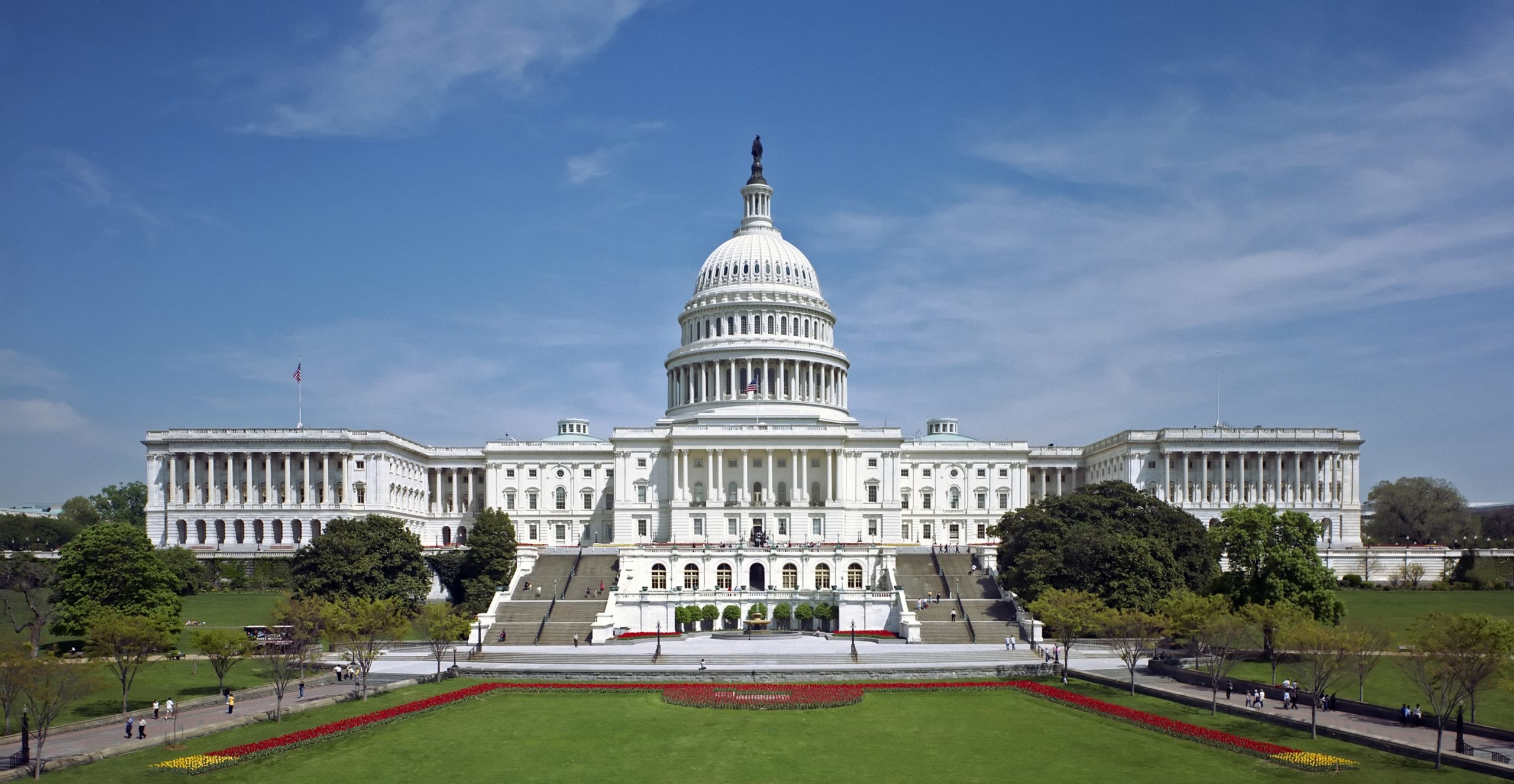A $15 Minimum Wage Is Coming to D.C.—For Some

This week, the D.C. Council unanimously approved a measure to raise the District’s minimum wage to $15 per hour by 2020. Once the Council grants final approval in a second vote scheduled for June 14, D.C. will join California, New York, and the growing list of cities like Seattle that are phasing in a $15 minimum wage.
This step will mean bigger paychecks for thousands of workers in the District, especially women and people of color—improving economic security for hardworking families in a city with one of the highest costs of living in the nation. Unfortunately, however, this victory comes at the expense of tipped workers, who—once again—were left behind by the Council’s action.
A little background: D.C. employers only have to pay their workers $2.77 an hour before tips. Although employers are supposed to make up the difference between the regular minimum wage and the cash wage they pay their tipped workers if tips fall short, this law is difficult to enforce and employers often fail to comply. As a result, D.C.’s tipped workers frequently struggle to make ends meet on unpredictable tips with virtually no dependable income from a paycheck. This is particularly true for women tipped workers in the District: 22 percent live in poverty—double the rate for men tipped workers, and more than twice the rate for working women and men overall. Among women servers and bartenders in the District, more than one in four are poor. Despite claims from the restaurant industry to the contrary, it is clear that the vast majority of servers and other tipped workers in D.C. are hardly raking in the big bucks; in fact, the median wage for tipped restaurant servers in D.C. (including their tips) is 70 percent lower than the median wage for all D.C. workers.
Women in the District who have to rely on tips for most of their income not only face a high risk of economic insecurity; they also are especially vulnerable to sexual harassment, because they often feel forced to tolerate inappropriate behavior from customers just to make a living. In a recent survey, over 90 percent of DC restaurant workers surveyed reported sexually harassing behavior on the job.
A number of D.C. Councilmembers, however, evidently find unfounded restaurant industry arguments to be more compelling than the plight of tipped workers struggling to get by. The last time the D.C. Council raised the minimum wage (in 2013), it didn’t raise the minimum wage for tipped workers at all. This time around, it raised the tipped minimum wage to a whopping $5.00 per hour. By 2020. Just one-third of the full minimum wage.
It didn’t have to be this way. In states like California, Washington, Oregon, and Minnesota, tipped workers are entitled to the full minimum wage before tips. Not surprisingly, poverty among tipped workers is a whole lot lower in those states—and the restaurant industry is still thriving. The Council could have followed suit—or it could have let voters decide the issue in November, since advocates have been working for months to collect the signatures needed to place a measure on the ballot that would raise the minimum wage to $15 for all workers, tipped and non-tipped alike. But instead of seizing the opportunity to set a new standard and ensure one fair minimum wage for all, the Council chose to perpetuate the unfair, two-tiered minimum wage system that has undermined economic security for women and their families in the District and across the country.
The fate of the pending ballot measure at this point is unclear, but public opinion on the issue is not: a poll conducted just this month shows that over three-quarters of D.C. voters favor raising the minimum wage for tipped workers so that it ultimately matches the regular minimum wage (even assuming the Council’s $15 measure goes into effect). I hope that D.C. residents will still soon get the chance to ensure that tipped workers finally and fully benefit from a fair minimum wage.




